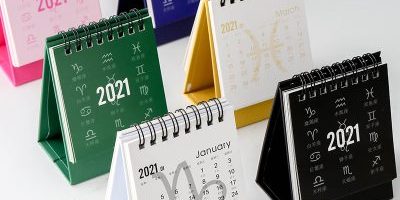Pocket calendars have a long history and are associated with timeless traditions and customs. In this blog post, we’ll explore how pocket calendars have been an integral part of various cultural practices and rituals.
- Religious Observance: Pocket calendars have been used in religious traditions to mark important dates, festivals, and holy days. They provide a practical way for adherents to stay connected to their faith.
- Cultural Celebrations: In many cultures, pocket calendars are used to track cultural celebrations, holidays, and festivals. They help individuals prepare for and participate in these important cultural events.
- New Year’s Resolutions: Pocket calendars often play a role in New Year’s resolutions. Many people use them to set goals for the upcoming year and track their progress throughout the year.
- Astrology and Horoscopes: Some pocket calendars incorporate astrological information and horoscopes. Individuals interested in astrology can use these calendars to learn about celestial events and their astrological sign’s forecast.
- Seasonal Observations: Pocket calendars are also used to note the changing seasons and natural phenomena. They can include information about solstices, equinoxes, and celestial events like meteor showers.
- Historical Commemorations: Certain pocket calendars feature historical anniversaries and commemorations, allowing users to reflect on significant historical events.
- Lunar Calendar Observations: In cultures that follow lunar calendars, pocket calendars often include lunar phases and important lunar-based festivals and holidays.
Pocket calendars continue to be cherished for their role in preserving and perpetuating cultural and traditional practices. They help individuals connect with their heritage and participate in rituals that have been passed down through generations.













